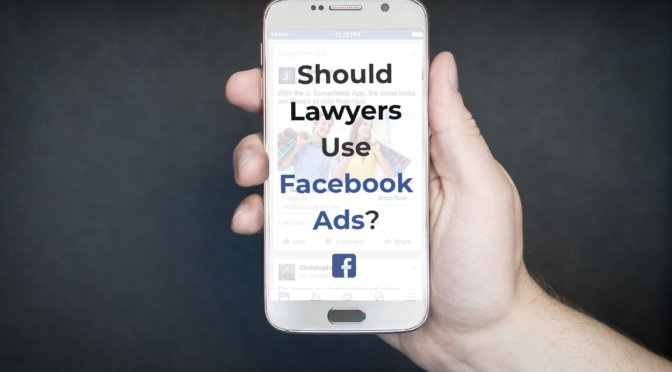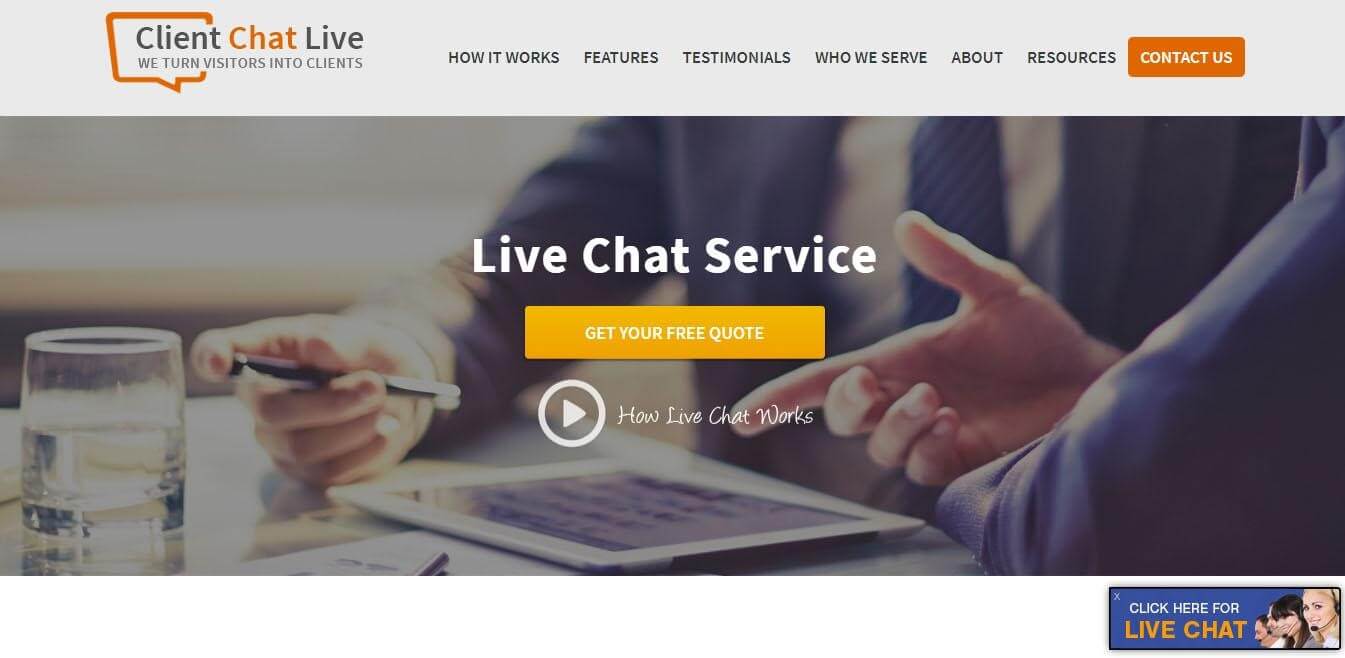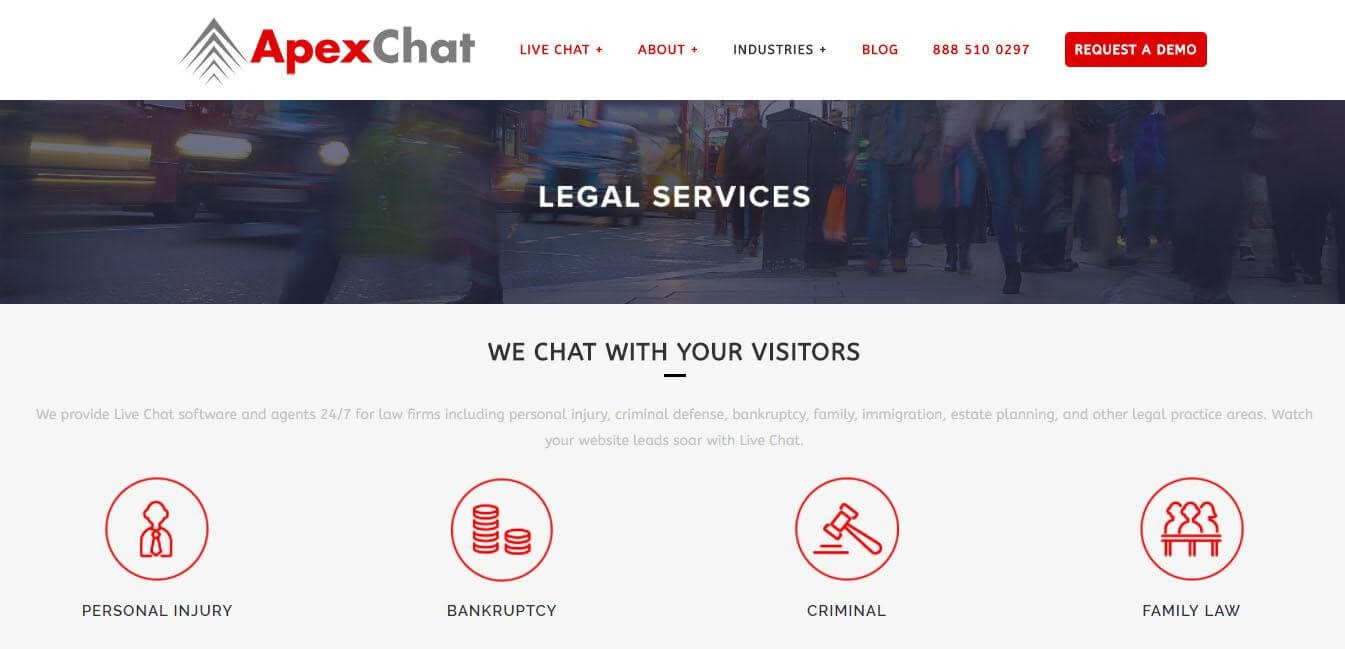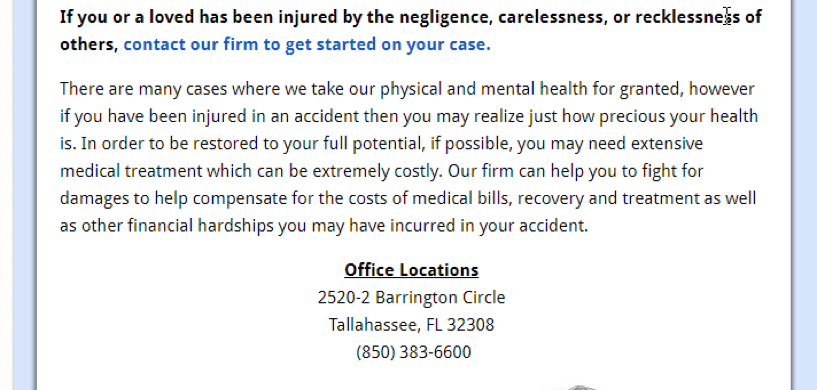Getting your law firm noticed can be one of the most challenging parts of your legal service. While traditional methods of advertisement (i.e. newspaper, radio, etc.) may still have some effect, in today’s smartphone-driven world, lawyers using Facebook Ads can give them an added advantage. We suggest hiring one of the best Facebook advertising agency to get you up to speed.
Before getting started, you may want to review this article about Facebook Ads. It’s an overview of Facebook Ads and can help you get started.
In this article, let’s look at the reasons why lawyers should be using Facebook Ads and how it can benefit the firm.
Access to Prospective Clients
Facebook is more than just a place to communicate with friends and share cute videos of cats. Many businesses are using Facebook because of the possibility of building strong relationships with their customers and clients.
Start with a Facebook page. Then share relevant content that people will want to read. Let your law firm website be the place where you advertise your services and your Facebook presence be where you establish a connection.
Facebook is a huge marketplace where people are sharing personal information about their daily lives. From their upcoming divorce to a recent car accident, Facebook gives you access to many prospective clients.
Target Specific People
Looking at the advertising potential of Facebook, the ability to create demographic specific ads allows you to target more people likely to use your legal services.
Facebook Ads has evolved significantly in recent years. They continue to make modifications and improvements to the way you can set up your ads.
For local businesses, the benefits are big. Being able to target specific regions of a city or groups of people experiencing similar problems can guide you toward a more effective Facebook Ad campaign.
Unlimited Customization
Aside from the targeting abilities Facebook Ads provides, you also have unlimited potential for customizing your ad campaigns.
Consider creating a unique landing page on your website that directs people clicking your ad. Send them to an email list subscriber or request a phone call right away.
The most important thing to do is to have a landing page that is related to the Facebook ad you use. Here are a few things you can put on your landing page to improve your ads performance:
- A short (~2 minute) video detailing your legal services
- 4 to 7 pieces of important information
- Your call to action (i.e. submit your email or give us a call).
Keep your landing page short and to the point. The purpose of Facebook advertising is to direct prospective clients toward contacting your law firm. If you have too much on your landing page, it can be overwhelming and cause visitors to leave right away.
An alternative to the landing page approach may be to send those who click your ad on your Facebook Fan Page. When they’re there, you can offer a valuable piece of content for their contact information.
Affordable
Unlike Google PPC, which has competitive keywords costing more than $100 per click, Facebook Ads can be very cost-effective and you can find some of the best google adwords agencies that can help you execute these campaigns.
If you’re doing the advertising yourself, it may take some time to find the right combinations before you discover an effective ad result.
In contrast, there are many digital marketing services that can offer their expertise in creating a campaign that fits your budget.
Whether you want to spend a few hundred dollars per month or significantly more, you can set up a campaign and measure the results. Knowing where your budget is going and evaluating the return on investment is just another get advantage that Facebook Ads has for lawyers.
Share Your Expertise
Let’s face it, people are using Facebook to be entertained and stay connected with their loved ones. They don’t enjoy being bombarded by advertisements selling products and services.
If you’re going to be using Facebook Ads to attract clients to your law firm, you’ll have to provide valuable information.
If you’re a personal injury lawyer, consider sharing an article like:
- Car accidents occur daily and studies have shown that most accidents occur because of these major reasons.We discuss 7 reasons how personal injury lawyers help and how you can reduce the stresses that come with getting in an accident.
If your focus is a divorce lawyer, you may want to try:
- Studies show that children live unsatisfying lives and perform poorly in school when their parents are conflicting at home.We discuss 5 reasons why children can benefit from divorce and live happier, more successful lives.
Providing posts like these for Facebook users allows you to interact directly with prospective clients. Instead of selling your services you can create a relationship that makes you an expert on the legal practice you specialize in.
Build Community Awareness
Even though you are sharing content and providing valuable information, people may not inquire about your legal services right away.
From a consumer’s perspective, it takes multiple encounters with a brand before they make the decision to purchase. With the impacts of marketing and the skepticism of today’s consumers, that number continues to increase.
As you build awareness within the community, you’ll be able to stand apart from other law firms that don’t offer additional information to those on Facebook.
Facebook Ads is just one way to get people to recognize your legal services. You should also consider an Instagram advertising agency as they work hand in hand with Facebook. When people start reading your articles, they may have questions related to their situation. Having other tools on your website, such as a Customer Response Management app, can help answer their questions and set up a consultation at your office.
Check out this article on CRMs for lawyers to use in combination with your Facebook Ad campaigns.
































